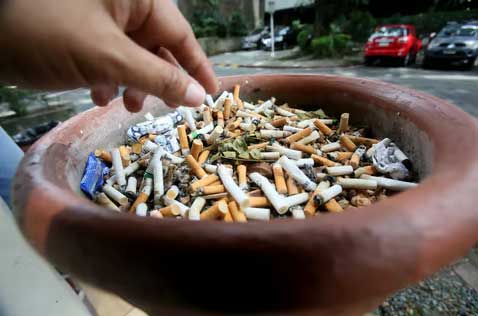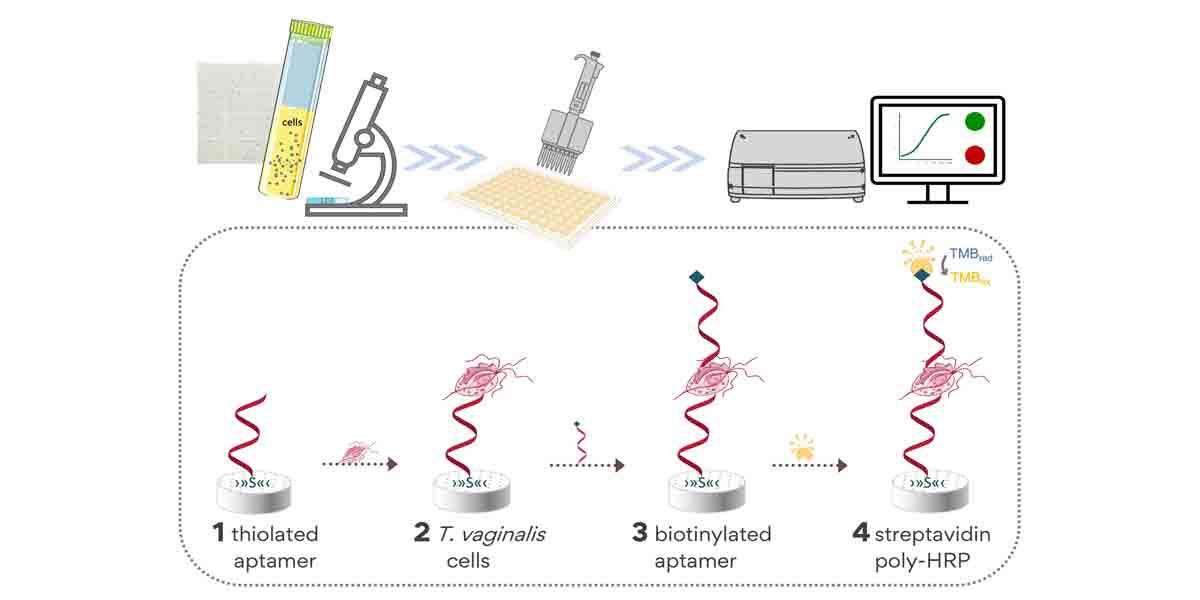
By Francis Allan L. Angelo
The Philippine Smoke-Free Movement (PSFM) and Social Watch Philippines (SWP) have voiced their deep disappointment following the country’s fifth receipt of the Dirty Ashtray Award.
This dubious distinction was given during the tenth session of the Conference of Parties of the World Health Organization Framework Convention on Tobacco Control in Panama, from February 5 to 10, 2024.
The Dirty Ashtray Award, conferred by the Global Alliance for Tobacco Control (GATC), is a public reprimand for countries that fall prey to tobacco industry lobbying.
The Philippines earned this notoriety for obstructing consensus on key tobacco control measures.
Rizza Duro, PSFM National Coordinator, did not mince words.
“With the overwhelming data on the detrimental impacts of tobacco products, it is deeply troubling that the delegation tried to muddle consensus… The award sends a chilling message that profits are prioritized over human lives and societal well-being.”
The obstructive actions of the Philippine delegates were particularly evident as they, along with a minority of parties, hindered the formation of an expert group to oversee the implementation of FCTC articles 9 and 10, which are critical to regulating and disclosing tobacco product contents and emissions.
Aktibong Kilusan Tungo sa IIsang Bayan (AKTIB) Philippines expressed outrage at the award, seeing it as a disregard for public health and the dedicated advocacy work of community leaders.
National Coordinator Sara Salvador said, “It’s a betrayal of the trust of every community volunteer who worked hard to lobby and help institute tobacco-control ordinances.”
Youth advocate Vladimir Von Defonturum also expressed dismay, particularly at the jeopardized health and well-being of future generations due to the delegation’s actions.
“The PSFM equates this Dirty Ashtray Award to an official selling of our youth’s future for the tobacco industry’s commercial interest. The delegates jeopardized the rights and well-being of the youth and the future generation by delaying the implementation of policies that test the contents of tobacco products. This notorious award and the recent passage of Republic Act 11900, otherwise known as the Vape Law, further stressed the bold attempt of the industry to solidify its market share and secure an entire generation of customers among the youth,” Defonturum said.
In response to this international embarrassment, Senator Pia Cayetano called for a Blue Ribbon hearing on February 21, 2024, to investigate the COP10 delegates’ conduct.
PSFM and SWP applauded Senator Cayetano’s swift action.
“We rally behind Sen. Pia Cayetano in this advocacy,” Duro added, highlighting the senator’s unwavering commitment to health promotion.
Dr. Ma. Victoria Raquiza of SWP highlighted the blow to public trust and the setback this represents in global health efforts.
Raquiza also criticized the Philippine delegation’s support of the Vaporized Nicotine and Non-Nicotine Products Regulation Act, which controversially lowered the legal age of access and transferred regulatory powers from the FDA to the DTI, calling it a blatant disregard for science and public health.
“It appears that the country’s official stance ignored the science and repeated warnings in recent years from health authorities, particularly the Department of Health, Food and Drugs Administration, and renowned medical societies regarding the use of these harmful products. It is appalling that significant strides in protecting the health of youth from nicotine addiction were deliberately ignored to cater to the tobacco industry. We remind the government that tobacco control is first and foremost a public health concern that falls under the expertise and purview of the Health Department. It is also in the best interest of public health to conduct consultations with various stakeholders, including civil society groups, before such events to ensure that the country’s position is aligned with the health priorities and actual data from the ground,” said Raquiza.
Senator Cayetano’s inquiry is supported by both organizations, which also urge President Ferdinand “Bongbong” Marcos Jr. to realign the country’s policies with international tobacco control agreements.
The groups stand united in their call for urgent amendments to recently enacted policies that undermine tobacco control efforts. They press for a renewed commitment from the government to protect the health of Filipinos, free from the influence of the tobacco industry.
As the international community moves forward, the PSFM and SWP hope that the Philippines will be able to report better performance on tobacco control at the next FCTC conference, reflecting a prioritization of public health over tobacco industry interests.





















